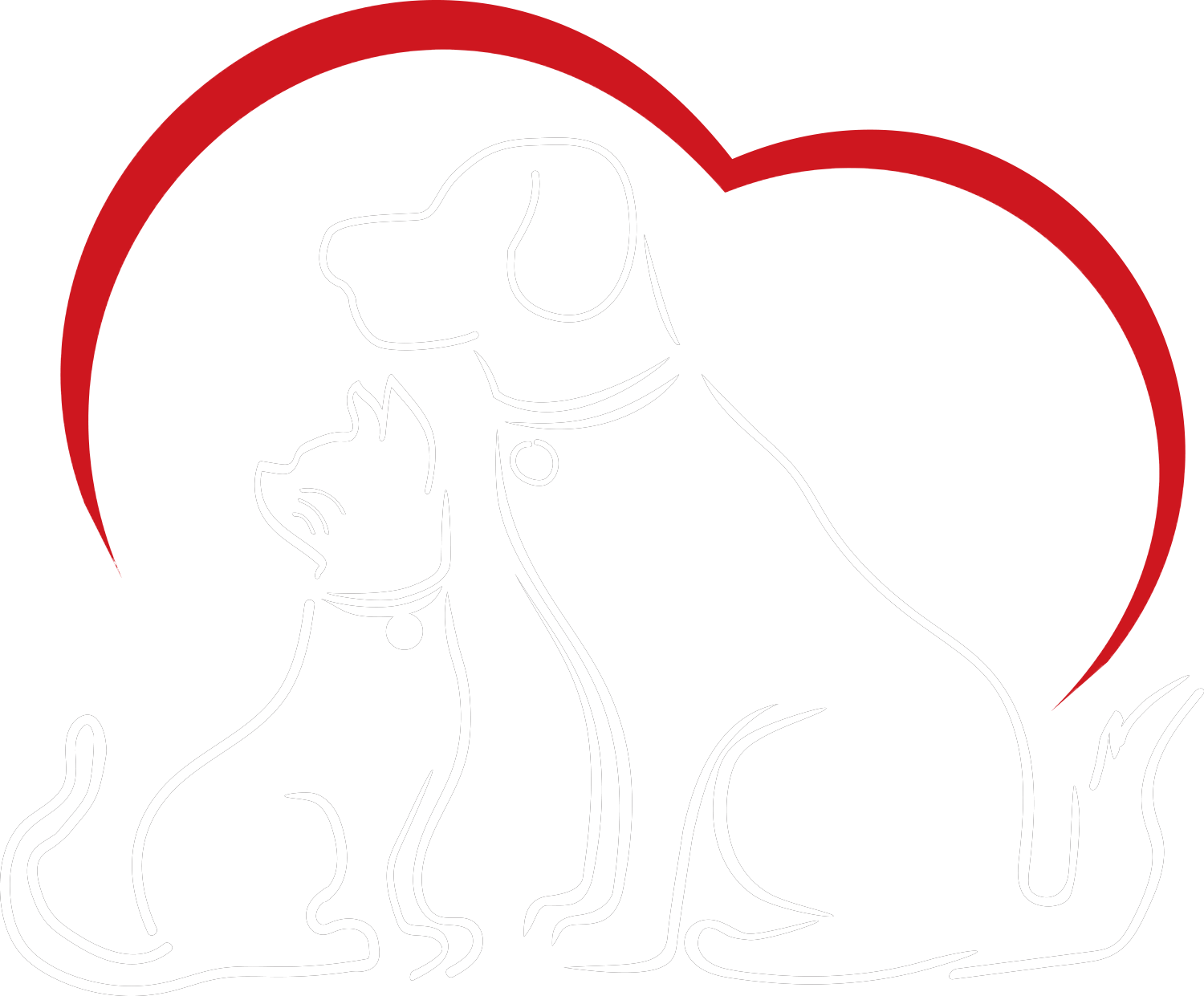During the holiday season we cherish time spent with family and pets. While you’re enjoying the festivities (in whatever way you choose to celebrate this year), here are some holiday pet hazards Dr. Zak wants you to keep in mind.
Human Foods
These pet hazards are commonly found in holiday favourites so if you have houseguests who are inclined to sneak food to your pets, or you have pets that counter-surf for food, be vigilant.
-
-
- Alcohol can cause serious medical issues, like hypothermia, seizures, respiratory failure, and death.
- Xylitol, an artificial sweetener used in many commercial products, can cause hypoglycemia, seizures, and liver failure in pets.
- Bones. Raw or cooked bones can break teeth, cut a pet’s mouth and tongue, get stuck in the throat, and even pierce the esophagus or intestines.
- Chocolate. The darker the chocolate, the more danger it poses, but chocolate in any form can make dogs or cats seriously ill.
- Fatty or salty foods including ham, turkey skin, fat, and bacon can cause a range of issues, from indigestion (vomiting and diarrhea) to potentially life-threatening pancreatitis in both dogs and cats.
- Grapes and raisins can cause kidney failure, even in small amounts.
- Macadamia nuts.It only takes a few of these popular holiday nuts to make a dog very sick.
- Onions and garlic (or related chives, scallions, shallots, and leeks) can cause severe anemia in pets.
- Raw dough consumption can cause alcohol poisoning and lead to bloat (gastric dilatation-volvulus), a life-threatening condition in dogs in which the stomach twists over on itself.
-
- Ask Dr. Zak for tips on what people foods ARE safe for your pet to have as an occasional treat. We want to make sure your pet stays safe and gets to enjoy the holiday season too!
- Holiday Plants
Although plants play a big part in the holiday season, some festive flowers and greenery may be better left out of your holiday decorating—or at least far out of your pet’s reach. The following holiday plants are toxic to both dogs and cats:
-
-
- Amaryllis bulbs (the flowers and leaves are less toxic)
- Holly berries and leaves
- Lillies
-
These seasonal plants are of lesser concern but still worth mentioning and taking precautions:
-
-
- Ingesting large amounts can cause serious problems in pets, including death.
- Ingested sap can cause drooling, diarrhea, and vomiting, but the plants are generally not dangerous.
- Christmas cacti generally don’t cause more than mild digestive issues if ingested.
-
-
- Holiday Decorations
There are a number of common holiday decorations that can put pets at risk:
-
-
- Christmas trees should be secured to prevent pets from knocking them over.
- Needles from trees, wreaths, and other greenery can irritate pets’ mouths and stomachs, and potentially puncture the intestines or cause a blockage.
- Water in tree stands can be toxic to pets, especially if it contains additives or preservatives.
- Electric lights can burn or electrocute pets if they chew the cords.
- Ornaments can cause problems if they break or are swallowed.
- Long, thin objects like tinsel, ribbon, yarn, and even the twine used to truss a turkey for a holiday feast can pose serious, potentially life-threatening issues if swallowed.
- Candles and liquid potpourri can cause burns and be toxic if ingested.
-
One final note: If you have a puppy or kitten in the house, be attentive, especially if don’t yet know what your new pet is most curious about or likes to chew on.
Keep Your Holidays Happy and Safe
If you think your pet has consumed something toxic, call Parkside Animal Hospital immediately. After hours and over holidays, you can call the Pet Poison Helpline at (855)764-7661. Don’t wait for your pet to develop symptoms, and don’t induce vomiting, unless a veterinarian or a Pet Poison Helpline expert recommends it.
-

